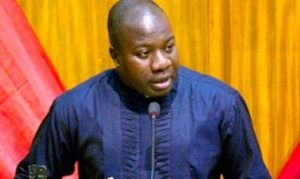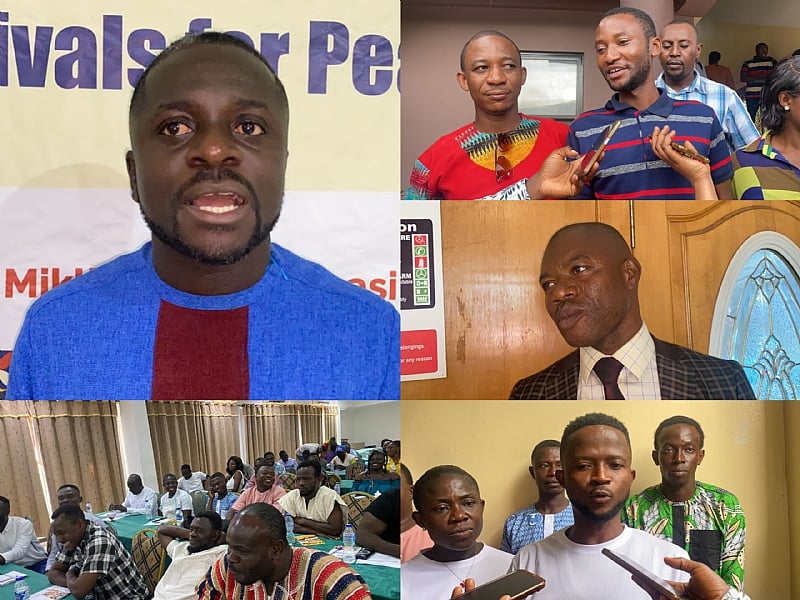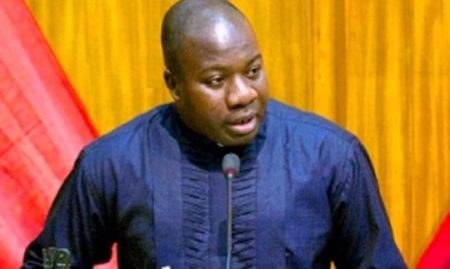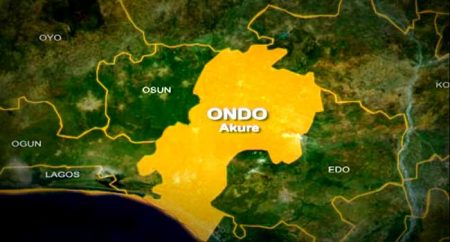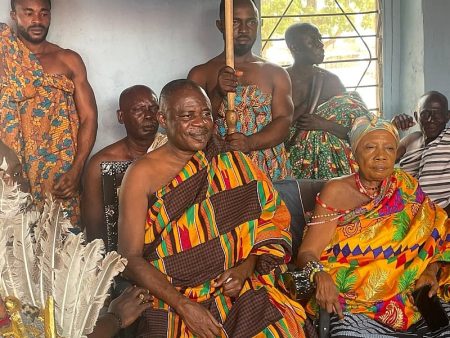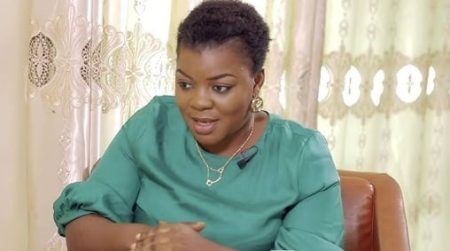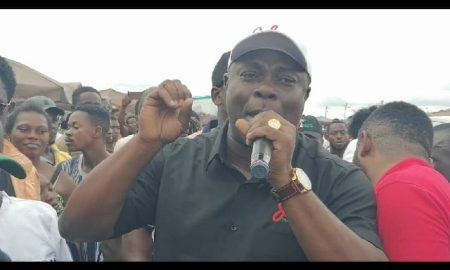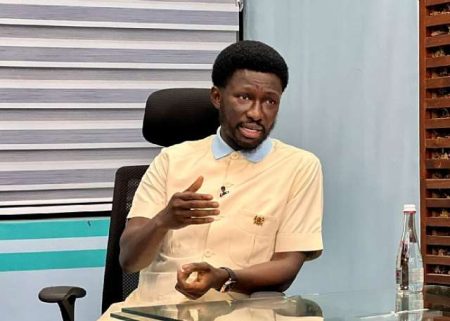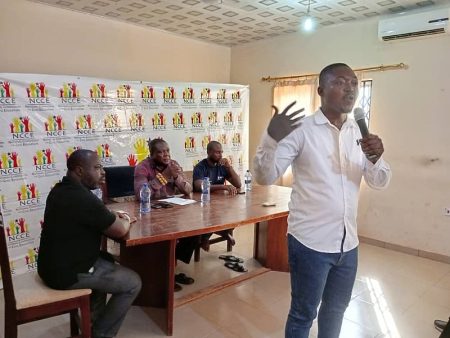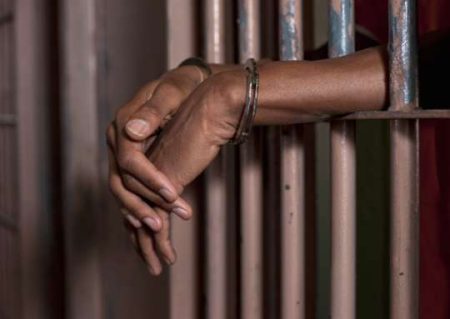Kwaku Krobea Asante, a Senior Programme Officer at the Media Foundation for West Africa (MFWA), emphatically cautioned young Ghanaians about the looming threats of political violence, particularly during election periods. Speaking at the Regional Youth Dialogues and Festivals for Peace in Kumasi, he articulated that the youth often fall prey to political machinations, being utilized by parties to propagate violence, primarily due to their perceived naivety and lack of understanding regarding the long-term ramifications of their involvement. He underscored that the repercussions of such violence may not be immediately evident but can gravely impact the credibility of electoral processes. The current political climate, especially with the elections approaching, demands a conscientious effort from the youth to steer clear of violent engagements.
Asante further elaborated on the implications of political actions, asserting that the affiliations and historical conduct of individuals will play a critical role in determining their political future. When political parties secure power, they will likely seek individuals with reputable records for various positions, meaning past actions are under scrutiny. This context highlights the importance of ethical behavior and transparency among young people as they engage in political discussions and actions. As the upcoming elections draw near, he warned that politicians could resort to unethical strategies, including spreading misinformation, to sway public sentiment. It is crucial for young Ghanaians to remain vigilant, rejecting such tactics in favor of integrity in political engagement.
The discourse during the event was enriched by participation from representatives of multiple political parties, including the PNC, CPP, NPP, and NDC, alongside members of the National Peace Council who emphasized the need for collective peace leading up to the elections. Through a series of discussions, themes such as misinformation and propaganda were unpacked, resonating with the overarching goal of fostering collaborative peace efforts among the youth across political affiliations. Asante highlighted that uniting to advocate for peace is indispensable in mitigating the adverse impacts of irresponsible political practices, ensuring that upcoming electoral processes proceed peacefully.
Reverend Emmanuel Badu Amoah of the Ashanti Regional Peace Council lent his voice to the conversation, urging Ghanaians to resist divisive tactics from political factions. His message emphasized national unity, declaring, “We have only one Ghana, and we are all Ghanaians,” urging voters to prioritize peace over partisan conflict. He reminded attendees that while diverse political viewpoints exist, these differences should not spiral into hostility or violence. The call for open dialogue was a central theme of his address, reinforcing that healthy political discourse can coexist without exchanging violence or engendering hatred.
Concerns about the role of the media emanated from Reverend Amoah’s remarks, who noted the potential for media outlets to distort narratives in favor of particular political parties. Such actions can contribute to the proliferation of misinformation and disinformation, ultimately undermining the integrity of the electoral process. He reiterated the objectives of the National Peace Council, which aims to support peace promotion and conflict resolution efforts. The development of a peaceful environment is deemed crucial to the democratic process, prompting an appeal for all stakeholders to rally for nonviolent discourse leading into the elections.
In a poignant conclusion to the day’s discussions, representatives from various political parties solemnly pledged their commitment to fostering peace during the upcoming elections. This emotional pledge reflected a collective realization of the potential consequences of political violence, emphasizing a shared responsibility to prioritize Ghana’s peace and stability. Such commitments indicate a positive shift towards conscientious political behavior among the youth and party representatives, highlighting the urgent need for ethical practices and cohesive efforts to navigate the electoral landscape without resorting to conflict or violence, thereby ensuring a secure and democratic future for Ghana.


